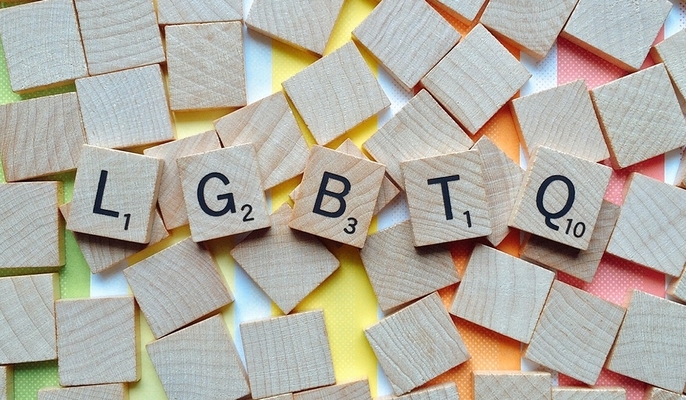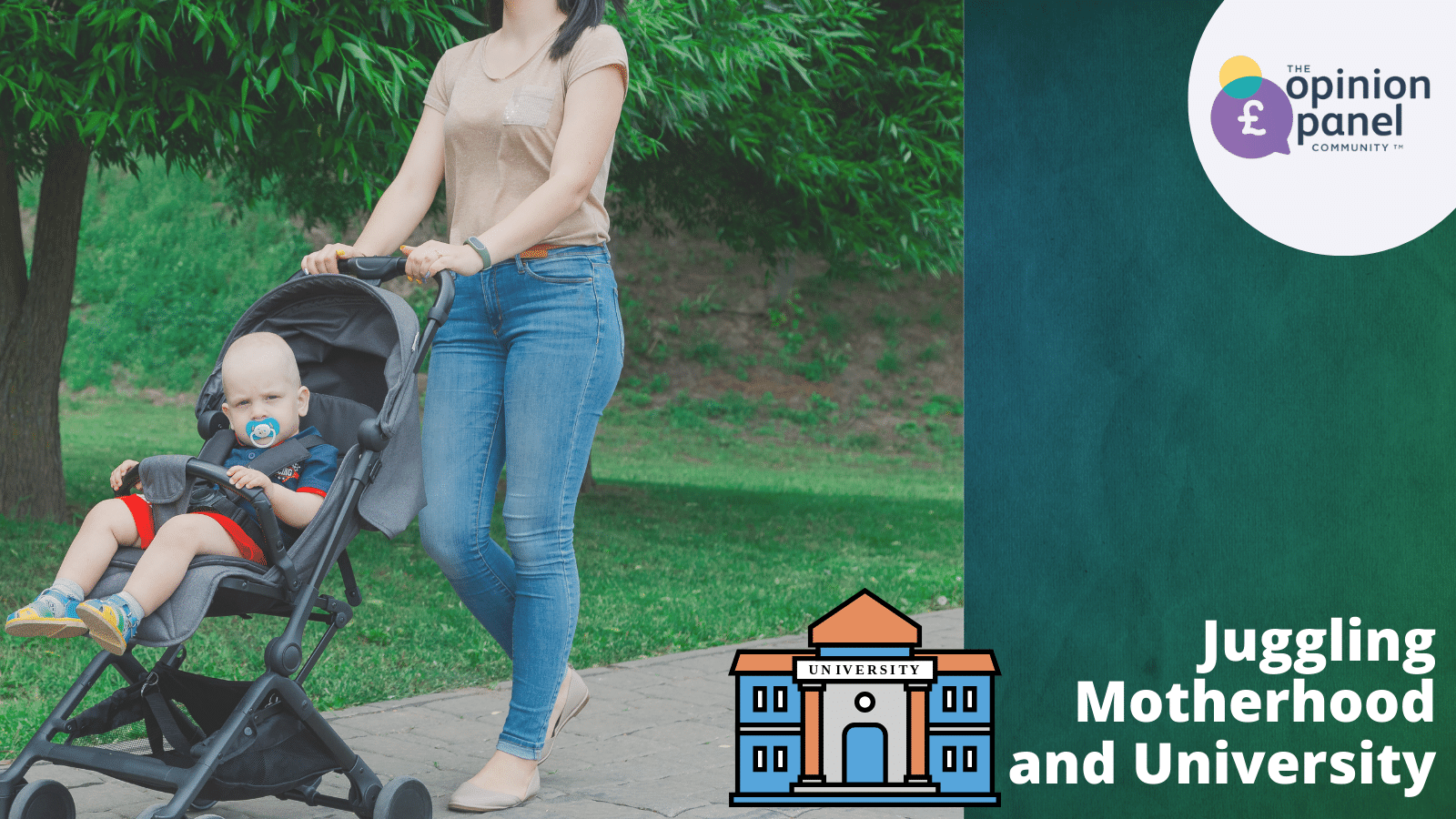
Coming out can be difficult, but it’s made that much easier if your friends support you in expressing who you are.
One of my closest friends, who I’ll call Rowan, came out as bisexual a few years ago and has more recently told the rest of our group of friends that they identify as gender non-binary. Though they are very sure of their identity, I know they feel awkward for making everyone adjust their address and approach towards them. Having seen the impact on Rowan, I feel it is important that everyone dealing with queries surrounding gender and sexuality should have a close support system that allows them to process with these without judgement.
1. Take an interest
There still seems to be a degree of stigma surrounding gender even from the most open-minded people. I would suggest that this stems mainly from a lack of exposure in the media and within schools. When discussing gender with our friends, Rowan is met largely with acceptance, but also some reservation. Some members of the group who are usually happy to discuss controversial subjects will suddenly go quiet – perhaps feeling that they have nothing to add to the conversation. This may be due to a lack of education, which is not helped by the relative lack of emphasis on gender identity within curricula. We therefore all need to be proactive in educating ourselves on these topics. If you have friends or family who are struggling with their identity, there are now many resources online that you can use to help them feel comfortable. If you are clued up on debates surrounding LGBTQ+ issues, you’re much more likely to be able to engage with them when they want to talk through their problems and help answer any questions.
Is there enough LGBTQ+ awareness in schools? #LGBTQ
— OpinionPanel (@OpinionPanelEd) October 22, 2018
2. Show respect when using pronouns
“It’s too hard to remember.” Is it really? An adjustment in the daily language you use may lead to a few slip ups at first, but as long as you correct yourself and begin to adapt, there should be no major problems. Constantly mis-gendering someone, however, is an indication of a stubbornness to modify your approach. No matter how you feel about your behaviour, they’re likely to feel that they are an inconvenience to you, which will only add to their anxieties. If you feel that it’s hard for you to cope with the change of pronouns, think about the problems that that individual is facing with their own identity; having to replace a couple of words a day is trivial when compared with a conflict of identity.
3. Provide an outlet
General awareness of the vast spectra of gender and sexuality is increasing, but many parents still have problems adjusting. Young, queer people are therefore likely to face problems at home and will want a safe-space to vent their frustrations and anxieties; you can provide this. Once you have eliminated your ignorance and shown a willingness to adjust, it is useful to make your friend feel as accepted and comfortable as possible. Even if it’s regular and you cover the same ground, give them time and space to verbalise the issues they’re facing, and try to come to solutions. You could also try to support them in any attempts to reason with their parents, either through helping them prepare what to say and (in more delicate cases) through an intermediary.
Today’s society can be a difficult place in which to feel accepted, especially if you’re facing conflicts of identity, but a supportive system of friends can make a world of difference.









I think as a member of the LGBT community, awareness and educating others is the only way societies opinions can change and grow to be more LGBT friendly and accepting.
I think…as a lesbian, I would have been way more comfortable with discovering my sexuality if it was taught inside schools, where it was discussed openly free of judgement to help normalise it all. There is still a lot of judgement towards LGBTQ+ people, by educating children and young adults on these issues and teaching them that it is ok for them to be something different to heterosexual I believe it could enable a decrease in the hatred presented to the community whilst allowing themselves to be open with others when they are struggling to find themselves.
I think… that we aren’t doing enough in schools especially to make LGBTQ+ students welcome, even though we are more tolerant than we were 10 years ago. There are little things that people can do to show that they are a good ally.
I think… people should shut up about LGBTQ+ literally nobody wants to hear about
I think…Lgbtq+ is not explored enough in schools and so people don’t understand it enough and wen people don’t understand things they don’t like it so they lash out m. More understanding of lgbtq+ could solve some of the homophobia in schools.